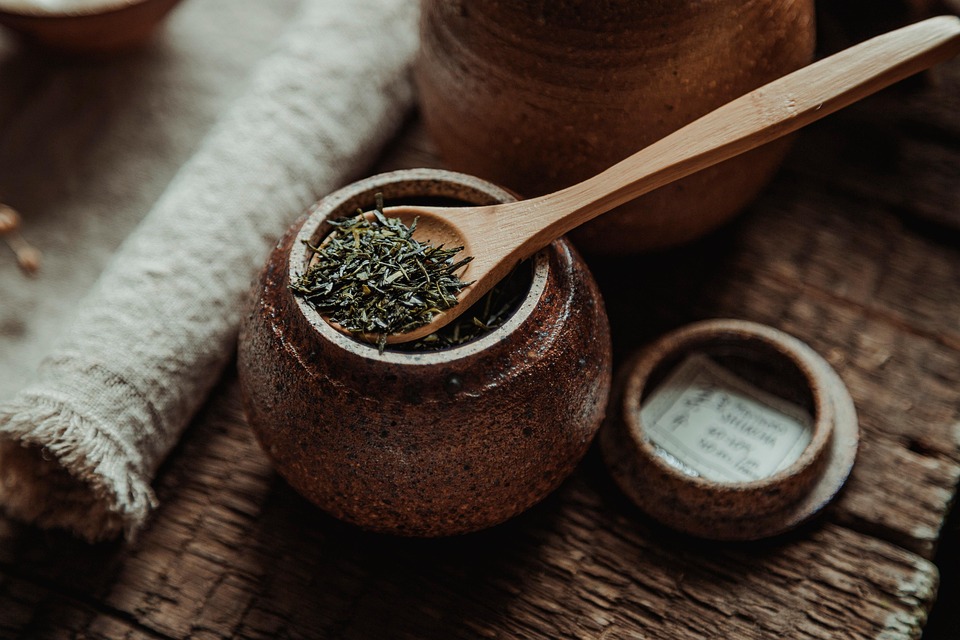Tea is more than just a beverage; it is a global phenomenon that unites diverse cultures and traditions. Each region has its own unique relationship with tea, reflecting its customs, history, and flavors. This article takes you on a journey through various countries, exploring the rich rituals and intriguing varieties of tea that define their identities.
East Asia: The Cradle of Tea Culture
China: The Art of Tea
China is often regarded as the birthplace of tea. Its variety is astonishing, ranging from green and black teas to oolong and white teas. The Chinese tea ceremony, or "Gongfu Cha," emphasizes the art of brewing and presents tea as an experience that involves awakening the senses. Each infusion reveals distinct flavors, allowing enthusiasts to appreciate the subtleties of aroma and taste.
Japan: Harmony in Simplicity
In Japan, tea is deeply intertwined with Zen Buddhism, epitomized by the traditional Japanese tea ceremony called "Chanoyu." This ritual is an art form that celebrates harmony, respect, purity, and tranquility. Matcha, a finely ground green tea, is a central element of this ceremony and is often enjoyed during special occasions. The meticulous preparation and presentation highlight the importance of mindfulness in Japanese culture.
South Asia: A Spiced Affair
India: Chai and Its Variations
In India, tea is synonymous with "chai," a term that generally refers to tea made with milk and spices. Street vendors, or "chaiwallahs," serve this warming concoction in small earthen cups. Each region boasts its own variations, with spices like ginger, cardamom, and cloves reflecting local flavors. The Indian tea culture is a social ritual, bringing together family and friends over cups of masala chai.
Sri Lanka: A Legacy of Ceylon Tea
Sri Lanka, formerly known as Ceylon, is famous for its black tea. The country’s sprawling tea plantations produce a wide range of flavors depending on the elevation at which the tea is grown. The tea industry remains a major part of Sri Lankan identity. Visitors to the island can partake in guided tours of tea estates, where they can learn about the traditional methods of tea production and enjoy high tea against picturesque backdrops.
Middle East: Tea as Hospitality
Morocco: Mint Tea Tradition
In Morocco, tea is a symbol of hospitality and social bonding. Mint tea, or "Moroccan whiskey," is a refreshing blend of green tea, mint leaves, and sugar, served in intricate glasses. The preparation involves a ceremonial pouring from a height to aerate the tea, creating a frothy texture. Sharing a pot of mint tea is a warm gesture, often enjoyed in gatherings with family and friends.
Turkey: Çay and Social Connection
In Turkey, tea is a beloved daily ritual, enjoyed throughout the day. “Çay,” brewed in special double teapots called "çaydanlık," is often served in small tulip-shaped glasses. The rich flavor and color of Turkish tea, typically brewed strong and accompanied by sugar, symbolize hospitality and warmth. The drink is often shared, enhancing social interactions in traditional Turkish settings.
Western Influences: Tea in Modern Culture
United Kingdom: Afternoon Tea
The British tradition of afternoon tea is a time-honored ritual that dates back to the 19th century. Typically served between 3 and 5 PM, this practice combines a range of teas with an assortment of finger sandwiches, scones, and pastries. The occasion is an opportunity for socializing and enjoying a break in the day, reflecting the elegance of English society.
United States: The Rise of Tea Trends
In the United States, tea culture has evolved dramatically in recent years. With an emphasis on health and wellness, herbal teas and specialty blends have gained popularity. Bubble tea has also emerged as a trendy beverage, merging Asian influences with American sweetness. Tea shops have flourished, fostering communities centered around tastings and educational events.
Conclusion: A Global Infusion
Tea is a universal language of connection, transcending borders and generations. Each cup tells a story, reflecting the culture, rituals, and flavors of the land from which it originates. Whether in the quiet meditative spaces of a Japanese tea ceremony or the lively gatherings over chai in India, tea invites us to slow down, connect, and appreciate the diverse tapestry of human experience. As you embark on your own journey through the world of tea, remember that every sip connects you to the rich history and traditions of those who came before us.
So, steep a cup, find a quiet corner, and let the world of tea unfold before you.



